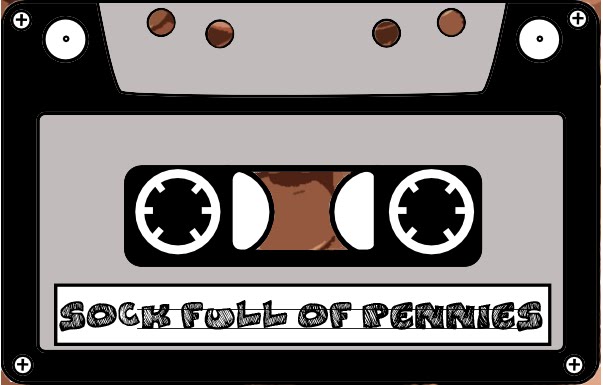At the beginning of the summer, I had the opportunity to see
Bruno Mars live during his “Moonshine Jungle” tour. The roadies began
assembling the massive stage set behind an equally massive curtain, I began grooving
to the tunes booming from the house speakers, including some Black Keys, the
English Beat, and to my extreme delight, “Superman” by Goldfinger. But the last
tune the sound crew chose, which faded right into Bruno Mars’ monstrous opener,
was one I’d never heard before but have since become addicted to: James Brown’s
soulful vamp, “Funky Drummer.”
Born from an improvised jam,[1]
“Funky Drummer” is over nine minutes of pure groove. The band holds down a
funky and freeform riff behind alternating organ and saxophone solos,
punctuated by James’ signature jive interjections. Though the piece is largely
amorphous, James steers the band through occasional changes and dynamics,
captaining his cruising ship of soul.
What really appeals to me in this tune is how truly organic it feels; you can actually listen to this tune grow. The entire band takes a simple idea and explores all of its possibilities, leaving all direction in the capable hands of James and allowing the groove to go where it needs to go and become what it is meant to be. James improvises 100% of his part, switching from organ to vocal and back on a whim. Beneath that, his horn and rhythm sections simply dominate the backdrop into which they’ve settled, with each musician occasionally peeking through with an improv’d feel or line. In fact, although James and his zen-like ad-libs are forefront in the song, it is the contribution of the rhythm section—or rather, one specific rhythm instrument—that truly makes the tune.
What really appeals to me in this tune is how truly organic it feels; you can actually listen to this tune grow. The entire band takes a simple idea and explores all of its possibilities, leaving all direction in the capable hands of James and allowing the groove to go where it needs to go and become what it is meant to be. James improvises 100% of his part, switching from organ to vocal and back on a whim. Beneath that, his horn and rhythm sections simply dominate the backdrop into which they’ve settled, with each musician occasionally peeking through with an improv’d feel or line. In fact, although James and his zen-like ad-libs are forefront in the song, it is the contribution of the rhythm section—or rather, one specific rhythm instrument—that truly makes the tune.
Behind the drum kit and
everything else sits Clyde Stubblefield, who for the entire tune holds down a
simple but immaculate beat, occasionally adding flair and flam without ever
losing control of the rhythm. The incessant hi-hat play he offers might turn
the arms of another drummer to putty, but Stubblefield works his sticks without
difficulty. His drumming is funky enough to catch James’ attention halfway
through, who decides to “give the drummer some of this funky soul,” offering
him a four-bar-break to “let [him] go.”[2]
When the break comes, the beat that Stubblefield puts down is one that has
since come to define the idea of groove, so impressive in its solidity and feel
that James Brown soon declares “the name of this tune is ‘the Funky Drummer.’”
Truly, despite all the fantastic improvisation and instrumentation present in
this jam, the defining moment of this tune comes in Stubblefield’s break, where
he asserts his ownership of this tune.
“Don’t turn it loose,” James Brown calls to Stubblefield before the break, “Cuz
it’s a mother.”[3] The
funky and soulful drum line Stubblefield offers us in this song is certainly a
“mother,” having since become one of the most sampled drum breaks in all of
music history.[4] With
those four bars, James Brown realized that their vamp had transcended the term
“jam session,” and Clyde Stubblefield solidified himself as the Funky
Drummer[5].
His improvisational but sturdy style of drumming has inspired countless artists
in countless genres, proving that a drummer doesn’t need to venture far from
rhythm to impress. “Funky Drummer” is a tight groove and an extremely fun tune,
a fantastic selection to pump the crowd up, myself included, for Bruno Mars’
live show. If ever you’re feeling you could use a little more soul in your day,
this tune ought to be your first destination.
